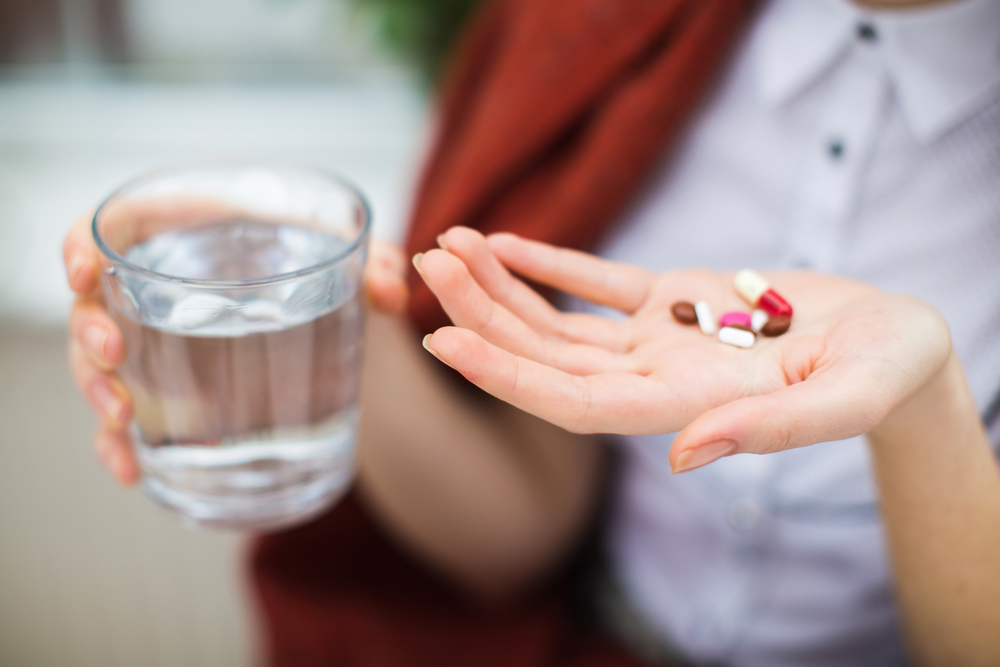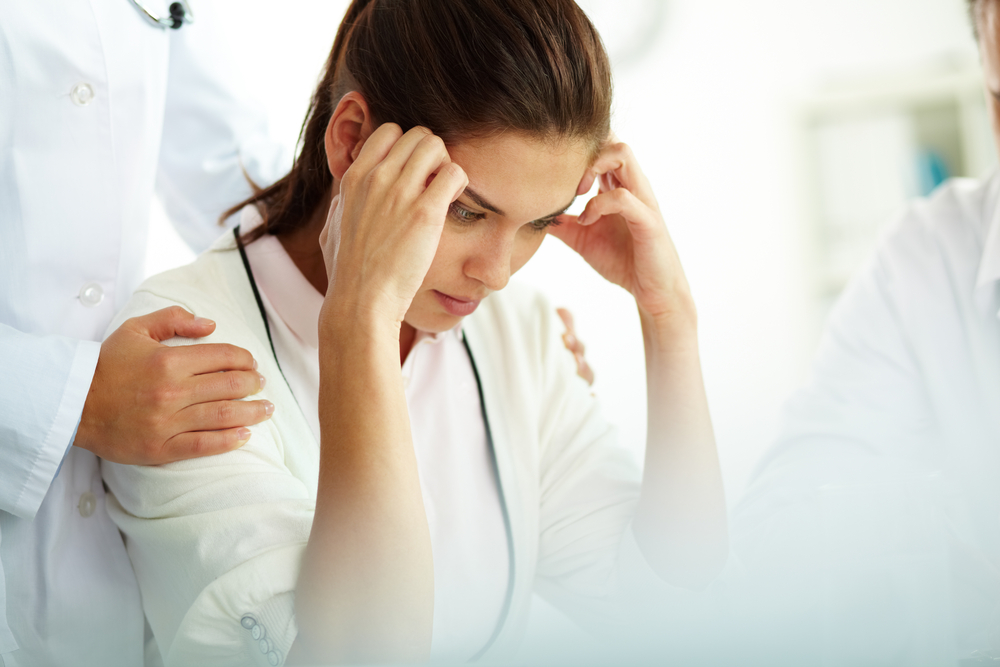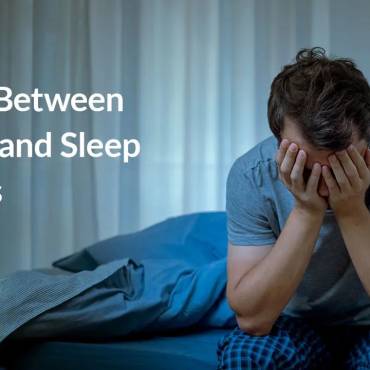A migraine is a headache characterized by recurrent headaches that are moderate to severe. A headache affects one-half of the head, are pulsating in nature, and last from two to seventy-two hours. Globally 15% of the people are affected with a migraine headache. There are no permanent migraine cures, and sometimes they are very severe. Migraines are a neurovascular disorder as it starts within the brain and then spread to the blood vessels.
Causes & Symptoms
The causes of the migraines are unknown, and they are related to the mix of environmental and genetic factors. They run in the family in two-third cases and rarely occurred due to a single gene defect. The migraines are associated with psychological conditions such as depression, anxiety, and bipolar disorder, as are many biological events or triggers.

Also Read: Foods That Trigger Migraine
A migraine is present with self-limited, recurrent severe headache associated with autonomic symptoms and the pain can vary from normal to very severe. People suffering from migraine experience migraines with aura and they can have migraines without aura also. These are 15 to 30 % of the sufferers. The severity of the pain, duration of the pain, and frequency of the attacks differ from person to person.
Instant relief from a migraine
The best way to get relief from a migraine headache is to take an over the counter pain reliever, and most of the pain killers won’t start showing an effect for about 1-2 hours, so it’s better to take a dose as soon as you start feeling the headache coming on. There are some drugs which can provide you instant relief, such as ibuprofen, acetaminophen, naproxen, aspirin or even a capsaicin nasal spray.
But you should always take the proper doctor’s advice before taking a migraine medicine. Don’t take any drug on a regular basis until and unless you are told by your doctor. Everyday use of these drugs can cause harm to your body and you may suffer more frequent headaches and with more severity. Following are some remedies for migraine treatment that can help reduce migraine symptoms.
- Drinking caffeine- Caffeine can help in relieving the migraine headache, but it can also lead to more headaches over time by developing or worsening caffeine dependence. During migraine adenosine increases in the bloodstream and caffeine helps by reducing the adenosine receptors.
- Drink lots of water- Dehydration can also trigger headaches and this can lead to migraine headaches so keep your body always well hydrated. Drink three liters of water every day if you are a male and 2.2 liters of water should be taken by the females. But don’t drink water if it’s too cold as extremely cold water can trigger migraines in some people.
- Try to rest and calm yourself down- shut down the lights, blinds and lie down and then focus on your breathing, this may help reduce the pain. Rest in absolute peace and quietness. While resting makes sure that your bed or couch is comfortable and your head is supported in a position that doesn’t increase the tension in your neck. Avoid bright unnatural lights and rest in a dark peaceful room.
- Use a cool compress- you can reduce the severity of migraines by simply placing something cool over your forehead and eyes can help blood vessels constrict, this will lead to reducing inflammation and reduction in pain.
- Do neck exercise- stretching and strengthening your neck muscles can help relieve migraine headaches and other chronic headaches.
- Practice relaxation technique- There are various techniques which can soothe your pain and reduce the severity. These techniques are:
- Meditation
- Prayer
- Deep breathing
- Listening to binaural beats
Also Read: Migraine: Causes, Symptoms And Treatment
These migraine remedies can help reduce the pain instantly, and if you follow the meditation practice regularly, it may reduce the occurrence of migraine headaches.


